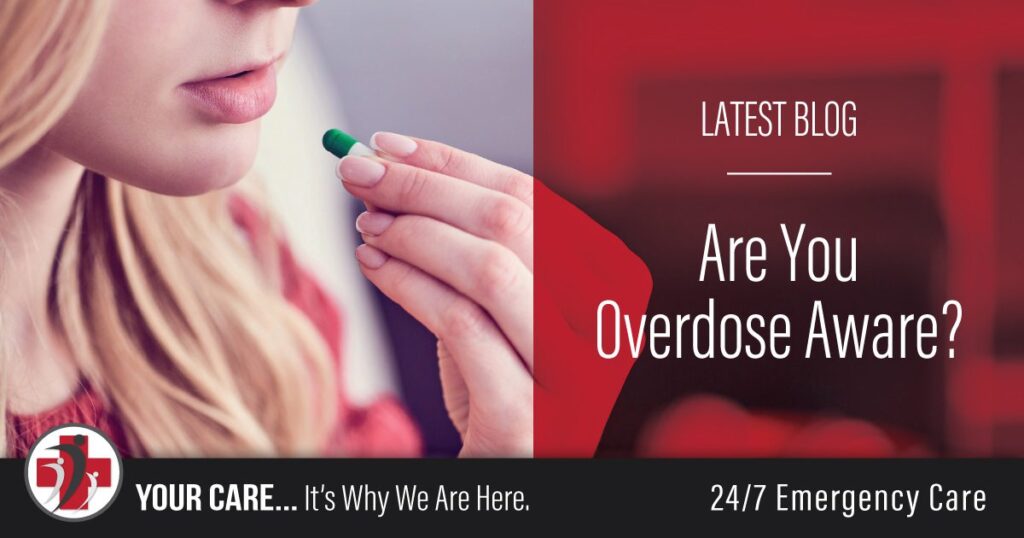Along with the impressive medical advances that the United States has seen over the last few decades, one unfortunate trend has grown and gained worldwide attention. Prescription drug abuse and overdose have shown upward trends since the 1990s, largely thanks to the increase in opioid prescription and use.
An overdose occurs when someone takes more than the recommended amount of a medicine or drug, often to the point of being dangerous, toxic, or even lethal. Opioids can become addictive, and more likely to be abused, for multiple reasons. Because of the pleasurable feelings they incite, as well as their tendency to lose efficacy and require gradually increased dosages to cause the same effect, many people inadvertently become addicted. Also, once addicted, those using opioids will often experience withdrawal effects when trying to stop or decrease their dosages.
Certain populations are at a higher risk for overdosing, including:
- Those with a history of alcohol or substance abuse
- Those diagnosed with certain mental health disorders such as anxiety, PTSD, or depression
- Those between the ages of 18 and 25 years old
- Those who start taking drugs early in life
Also, some health conditions make individuals more sensitive to opioid effects, increasing the likelihood of addiction. These conditions include:
- Those with certain respiratory conditions
- Those with impaired strength or energy
- Those older than 65 years old
If you’ve been prescribed an opioid medication, it’s smart to talk with your health care provider about your risk for, and ways to avoid, addiction or overdose. Your medical team at Fountain Hills Medical Center will always make sure you are aware of the best course of action to take your prescribed medications safely. Along with the other tips we’ll talk with you about, here are some things to keep in mind when taking any medication, but especially medication for pain management:
- Only take medications that are prescribed to you
- Develop healthy methods for handling stress
- Focus on holistic ways to manage your symptoms including medically-appropriate physical activity, as an accompaniment to your prescription medication
- Be aware that medications obtained by ways other than through a medical professional’s prescription may contain other additives, such as fentanyl
- Learn about potential interactions of your medication with other medications or alcohol
Medication overdose and addiction are very serious and prevalent issues in our country. More than 130 people die per day from opioid-related drug overdoses, and opioids are a factor in 70% of overdose deaths. In light of these sobering statistics, Fountain Hills Medical Center is consistently committed to supporting healthy medication usage in our patients. If you have questions or concerns about medications prescribed to you, either by our team or a different medical provider, we’re here to answer questions, provide a professional opinion, and offer information on potential interaction considerations.

